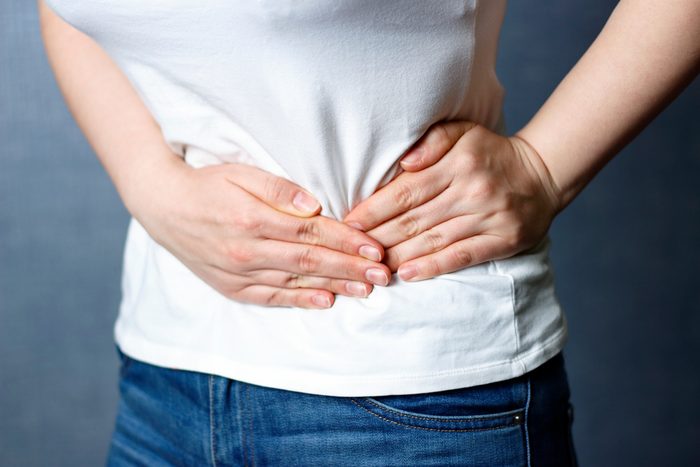
What you should know about the health benefits of probiotics
Probiotics are live micro-organisms that support healthy populations of bacteria in your digestive tract. When the balance of good and bad bacteria in your gut is off, you can develop diarrhea, constipation, bloating and other ailments. Probiotics help restore order in the gut, according to a new paper on probiotics in Frontiers on Microbiology. But these microbes must be alive and you have to get enough of them to benefit, explains study author Gregor Reid, PhD, MBA, Director of the Canadian R&D Centre for Human Microbiome and Probiotics at Lawson Health Research Institute in London, Ontario, and past President of the International Scientific Association of Probiotics and Prebiotics (ISAPP). Reid also chaired the United Nations/World Health Organization Expert Panel that authored the definition of ‘probiotics’ in 2001.
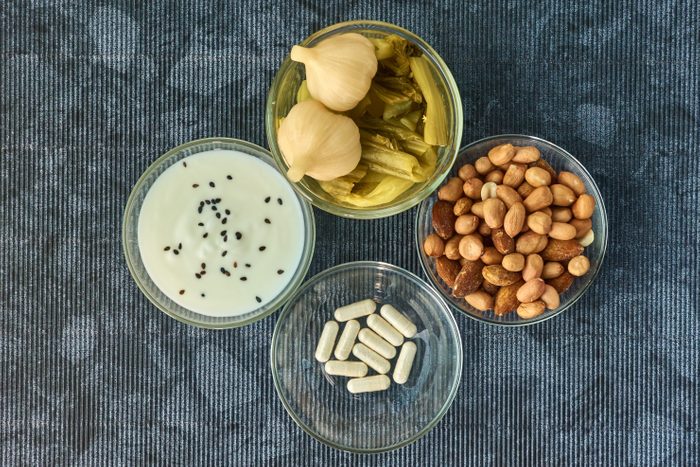
Probiotics: The basics
The most common groups of probiotics include Lactobacillus and Bifidobacterium; some of the popular strains within these groups are L. acidophilus, L. bulgaricus, and B. bifidum. That sounds complex, but the names get even more confusing, often coming with numbers, letters, and other important identifying details. So read carefully to make sure you’re getting the probiotics you want, warns Reid, who also the chief scientist of Seed. You’ll also want to be sure that the studies touting a probiotic actually tested people—and not just mice—he says. There is evidence supporting the use of certain strains to treat or prevent some types of illness, but in other cases, the studies simply haven’t been done yet.
These new health studies will change the way you live.
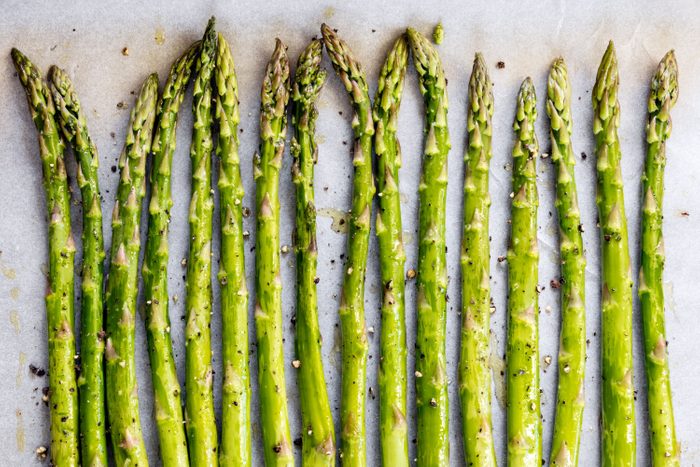
Probiotics can help traveller’s diarrhea
The Guideline for the Prevention of Travellers’ Diarrhea by the International Society of Travel Medicine now recommends the use of probiotics to prevent or treat traveller’s diarrhea. Reid says the group also included research on prebiotics, which feeds good bacteria. Good prebiotic foods include garlic, onions, leeks, asparagus and other healthy veggies that contain loads of fibre.
Get to know more common travel illnesses—and how to avoid them.

Probiotics may help treat stomach bugs in kids
Although two widely publicized studies in the New England Journal of Medicine—one in the United States and the other in Canada—found that probiotics did little to help treat a severe stomach bug in kids, Reid believes the results need interpretation: “The children in these studies were already too sick to see a real benefit from probiotics,” Reid says. “They went to an emergency department and received probiotics on day three of their sickness. Nothing but rehydration can help at that point.” Starting the probiotics sooner could have made the difference, he says.
If you’re not sure whether you have a stomach bug or food poisoning, here’s how to tell the difference.
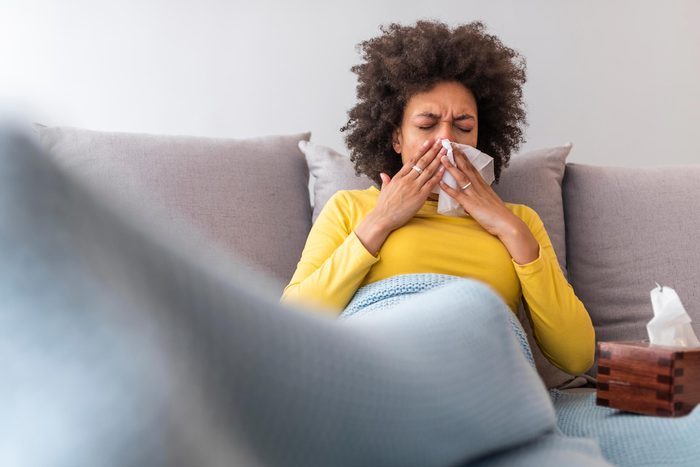
Probiotics can shorten the common cold
Colds can last up to ten days, but probiotics can shorten the time you feel lousy, Reid says. In one study, people who took probiotics cut the time they spent sick by two days—and their symptoms were 34 per cent less severe. What’s more, students missed fewer school days when they took probiotics. The strains in this study were a type of L. rhamnosus and a form of B. animalis. “This means that you can go back to work on Friday instead of missing a whole week if you take probiotics to treat or prevent colds,” Reid says.
Here are 50 ways to avoid catching a cold.

Probiotics can protect preemies
Many premature infants can develop a serious intestinal disorder in the neonatal intensive care unit (NICU). “When babies are born prematurely, they do not have beneficial bacteria in their guts, but when probiotics are introduced through feedings, the baby will get the good bacteria and not get this deadly infection—it’s called necrotizing enterocolitis,” Reid says. “We have introduced this in our NICU and rates of necrotizing enterocolitis are almost undetectable.” Helpful strains include B. breve HA-129, L.rhamnosus HA-111, B. Bifidum HA-132, B. infantis HA-116, B. longum HA-135, he says.
Learn about the 10 vitamins that should always be taken with food.
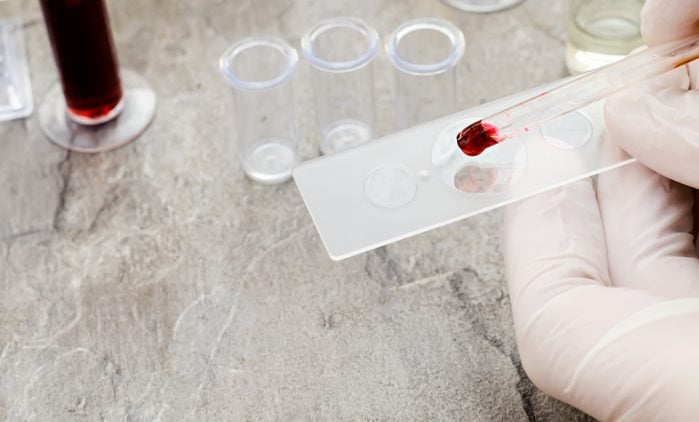
Probiotics can help reduce cholesterol
Probiotics can lower levels of cholesterol, a major driver of heart disease, Reid says. “The results are not as dramatic as seen with cholesterol-lowering drugs such as statins. But statins tend to have a lot of side effects including muscle wasting,” he says. Probiotics don’t have any side effects. A review of 15 studies found that, on average, Lactobacillus probiotics reduced both total cholesterol and “bad” LDL cholesterol levels, and that two types of Lactobacillus probiotics, L. plantarum and L. reuteri, were particularly effective. Probiotics are not a panacea for high cholesterol by any stretch, and if cholesterol levels are a concern, you need to watch your diet.
Start by avoiding these 10 worst foods for cholesterol.
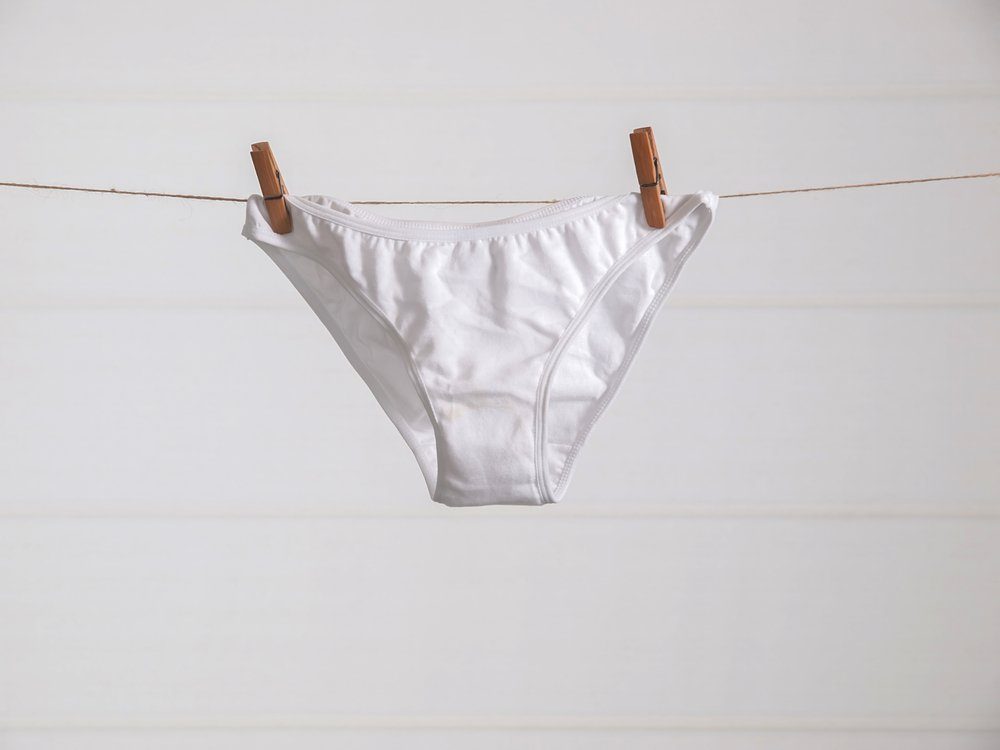
Probiotics can help treat BV
Certain strains of probiotics namely L. rhamnosus GR-1 and L. reuteri RC-14 may reduce the incidence of bacterial vaginosis (BV), an infection that occurs when there is an overgrowth of certain bacteria in the vagina. Untreated, BV can increase the risk of sexually transmitted diseases. BV is treated with antibiotics, and studies have shown that probiotics are helpful when taken with the antibiotic tinidazole. Reid says that research on vaginal probiotic tablets and capsules may improve on the treatment of bacterial vaginosis.
This is why holding in farts can be harmful.

Probiotics can help prevent antibiotic-associated diarrhea
There is evidence suggesting that taking the right probiotics—including such strains as Saccharomyces boulardii or Bio K+ L. acidophilus CL1285, L. casei LBC80R, L. rhamnosus CLR2—may lower the risk of developing antibiotic-associated diarrhea. One study found that BIO-K+ can prevent and reduce the severity of diarrhea in people receiving antibiotic therapy in a hospital setting, he says.
Get to know the everyday medication mistakes that could make you sick.
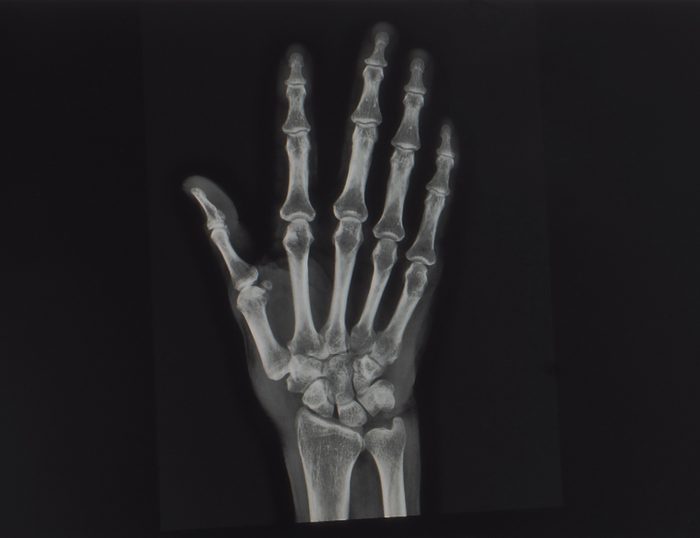
Probiotics may help strengthen bones
Everyone’s bones get weaker as we get older, and that increases the risk of fractures and the brittle bone disease called osteoporosis. Probiotics such as L. reuteri may reduce bone loss in older women with low bone mineral density, suggests research.
Get to know more risk factors for osteoporosis.
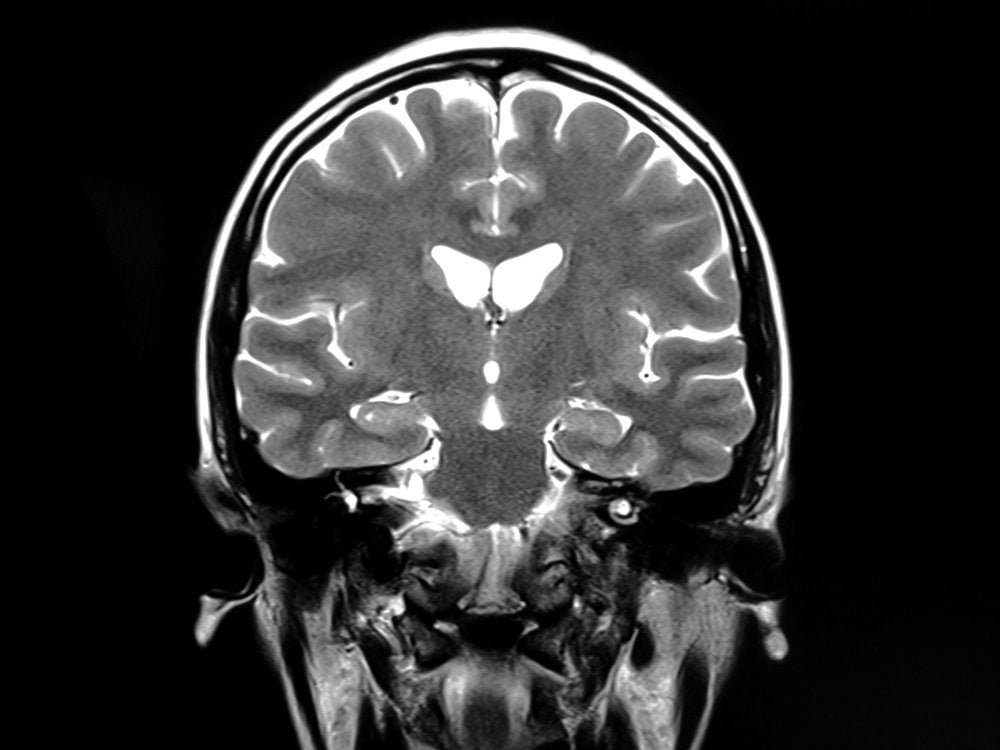
Probiotics can’t treat depression—yet
The gut and mind are intimately connected, so there is a reason to suspect that probiotics will play a role in treating depression in the future, says Reid. However, “We do not recommend any existing probiotics for the prevention or treatment of depression, and human clinical trials have not presented compelling data,” Reid says. “Probiotics are not substitutes for medication or talk therapy for severe depression or anxiety.”
Learn to spot the signs of high functioning depression.
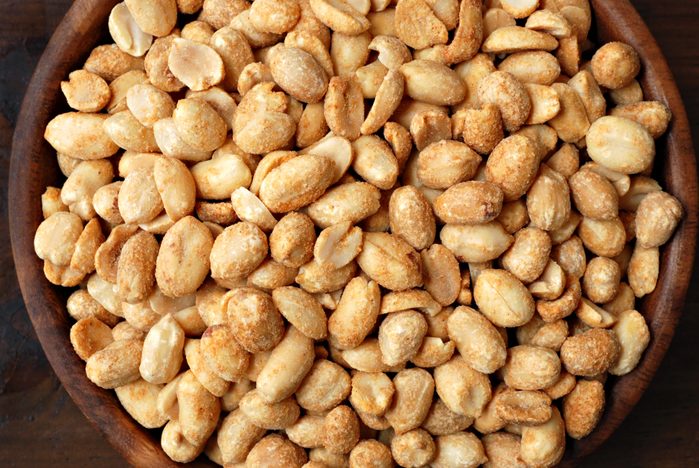
Probiotics can’t help with food allergies—yet
As of now, there are no probiotic strains approved for the treatment or prevention of food allergies in infants or adults, Reid says. “Emerging research might change the role of bacteria in preventing and treating food allergies, but it is in early stages of development.”
In the meantime, read up on 11 dangerous myths about food allergies.
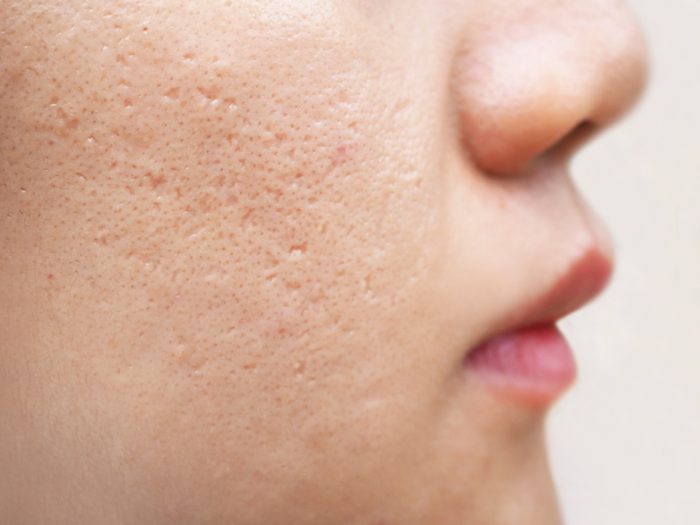
Probiotics can’t treat skin diseases—yet
The bugs aren’t ready for prime time when it comes to treating or preventing skin diseases such as acne, rosacea, eczema and others. “We haven’t proven it yet so we can’t make the claim,” Reid says. Still, many researchers are working on understanding how the skin’s microbiome affects skin issues, and there is a multitude of probiotic skin-care products already on store shelves.
Next, learn 10 easy ways to improve your gut health.